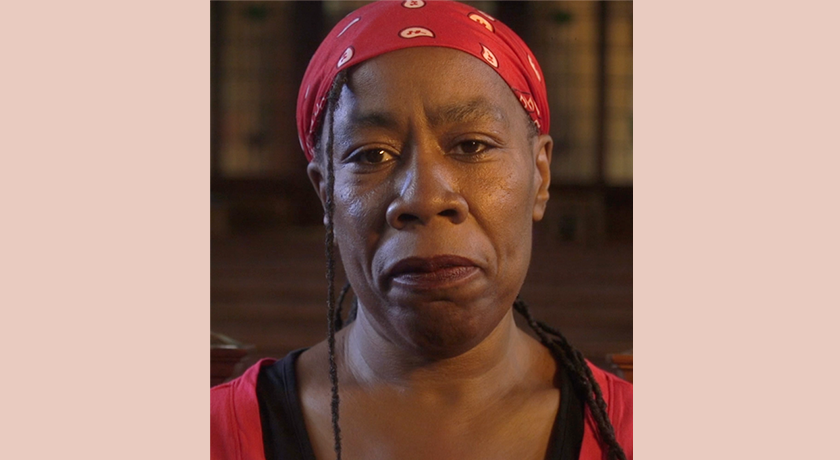 The United Reformed Church (URC) Legacies of (Transatlantic) Slavery (LoS) task group has launched a denomination-wide consultation.
The United Reformed Church (URC) Legacies of (Transatlantic) Slavery (LoS) task group has launched a denomination-wide consultation.
The consultation started with presentations at the autumn Synod meetings and will be broadened in the coming months to engage people in local churches and church groups.
Responses gathered will feed into the task group’s recommendations to the URC General Assembly in 2022.
LoS was formed to help the URC consider its response to the Council for World Mission’s Legacies of Slavery Project.
Between 2017-2019, the CWM Legacies of Slavery Project held hearings in four locations of significance during transatlantic slavery – the UK, Ghana, Jamaica, and the US – to discover both the local histories and the continuing impacts of the transatlantic slave trade for communities today.
The URC’s task group was formed by the mission committee in 2019, to consider recommendations arising from the project under three headings:
- Apology – should the URC make an apology for the role played by our antecedents in transatlantic slavery, and for our complicity in the systems which perpetuate racial injustice today?
- Reparations – should the URC offer some form of reparations/restorative justice, seeking practical ways to help put right the negative legacies which continue to mar lives and relationships in our church, society and around the world today?
- White Privilege – is there a need for the URC to engage with this issue, highlighted by the LoS report? If so, what might that engagement look like?
The task group completed its initial work in autumn 2019, producing the report Healing: Hope in Action. It was then asked by Mission Council to do further work, including wider consultation, bringing recommendations to General Assembly 2021.
With the pandemic unavoidably delaying progress, the task group will now bring its recommendations to Assembly 2022, when the URC celebrates its jubilee year.
Encouraging local churches to engage with the LoS consultation, Karen Campbell, the URC Secretary for Global and Intercultural Ministries, says:
“Although consisting of only eight people, the task group was very diverse in terms of age, culture, gender, lay/ordained, and the degree of engagement with issues of racial justice and transatlantic slavery. Together we concluded that yes, the URC should offer an apology and confession – recognising before God and world the role of our antecedents and our own failings today. Yes, we should commit to some form of ‘repairing justice’ – practical actions to substantiate the words of any apology. Such a commitment will demonstrate to everyone – including ourselves – that we are serious about this. And yes, we should commit to a continued journey of engaging with the issue of White Privilege – helping people understand what it is, how it shapes our world, and how we might dismantle its effects in our church and in our communities. All of these fit absolutely with our November 2020 commitment to becoming an actively anti-racist Church.”
Karen continues: “We want people across the breadth of the URC to have a say, contributing to the recommendations being taken to our jubilee General Assembly. We are offering ourselves – and the URC’s racial Justice networks – as a resource to help facilitate local conversations, and to discover how people respond to the direction of travel so far. The task group included widely differing perspectives and conversations were not always easy, but they were open and honest. That is what we want to encourage across the Church. The important thing is not so much where anyone starts or finishes in the conversations, it is the willingness to be on the journey together.”
The task group has produced a short paper in preparation for the consultation, including the words of a draft apology – this can be accessed here.
A short video presentation outlining the background and work of the task group to date,, which might be a good introduction both for individuals and for local church groups, can be viewed here:
Feedback on the apology, or the work of the task group in general, can be sent to the team by email. Requests for further information, and invitations for members of the task group/racial justice networks to facilitate local discussions, can also be sent to this address.




